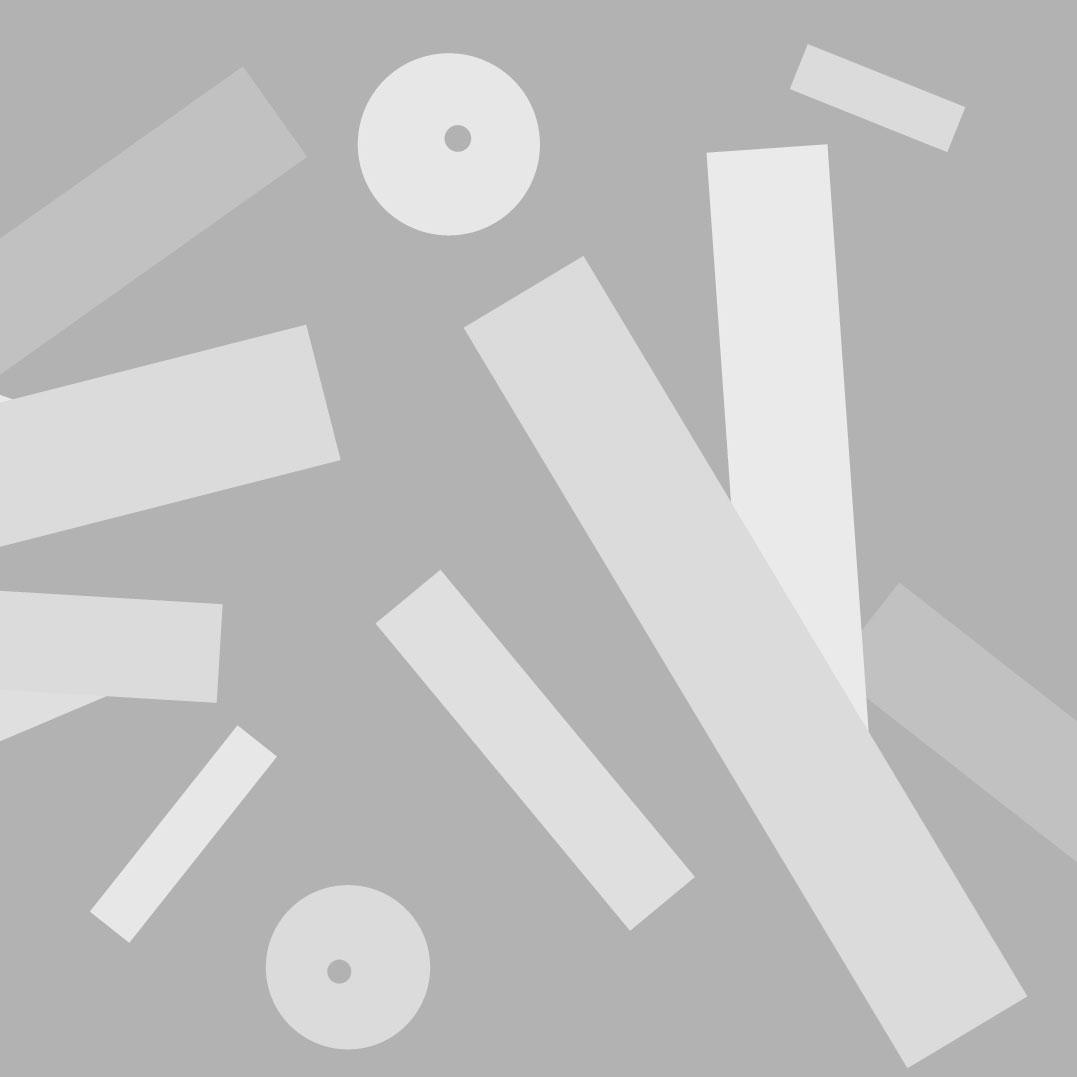Teatro Zandonai
Two, Bolero
Everyone will remember Emio Greco's groundbreaking solo performance of Ravel's Boléro. It was a 'revelation' at Oriente Occidente 2002, marking the Brindisi-born choreographer and dancer's first appearance in Italy after his long artistic journey in the Netherlands. Today, that piece, which has profoundly shaped his career, returns to the stage, revisited and rewritten for nine dancers of the Ballet National de Marseille, which Emio Greco has been directing in tandem with Pieter C. Scholten since September 2014. Thus, the wonderful 'clash' between bodies and music is renewed, with the percussive rhythm of the Boléro—seemingly overpowering—challenged by the dancers, whose bodies act as resonant chambers for a pulse from which they seek liberation. Music becomes a symbol of internal struggle, reflecting the duality within each of us. Greco's presence in the piece is essential, as a mentor guiding the group's revolt.
This collective work is preceded by the duet Two, another example of the artistic exploration Greco and Scholten have pursued since the mid-1990s on the theme of duality. With Extra Dry, a duet created in 1999, two dancers performed a doubled solo. Now, with Two, the theme is reflected at all levels. It is a duo that becomes a duel, a suspended game between masculine and feminine, a reverberation of gestures from one body to another. There is no dialogue between the two dancers on stage, only a mimetic effect that obscures who initiated the gesture and who received it. Siamese twins, trapped by their physical and spiritual bonds. The choreographic score is suspended between classic vocabulary and postmodern structure, in search of the (Jungian) utopia of synchronicity.
TWO
Concept and choreography: Emio Greco, Pieter C. Scholten
Lighting: Henk Danner
Costumes: Clifford Portier
Sound: Pieter C. Scholten
Dancers: Helena Volkok, Quentin Dahaye
Produced by: ICKamsterdam
Duration: 30 minutes
Intermission
BOLÉRO
Concept and choreography: Emio Greco, Pieter C. Scholten
Lighting: Henk Danner
Costumes: Clifford Portier
Sound: Pieter C. Scholten
Dancers: Emio Greco, Gaël Alamargot, Alejandro Alvarez Longines, Andrés Garcia Marquez, Vito Giotta, Gen Isomi, Angel Martinez-Hernandez, Anton Zvir
Produced by: Ballet National de Marseille in collaboration with ICKamsterdam
Duration: 25 minutes
National premiere
www.ballet-de-marseille.com



